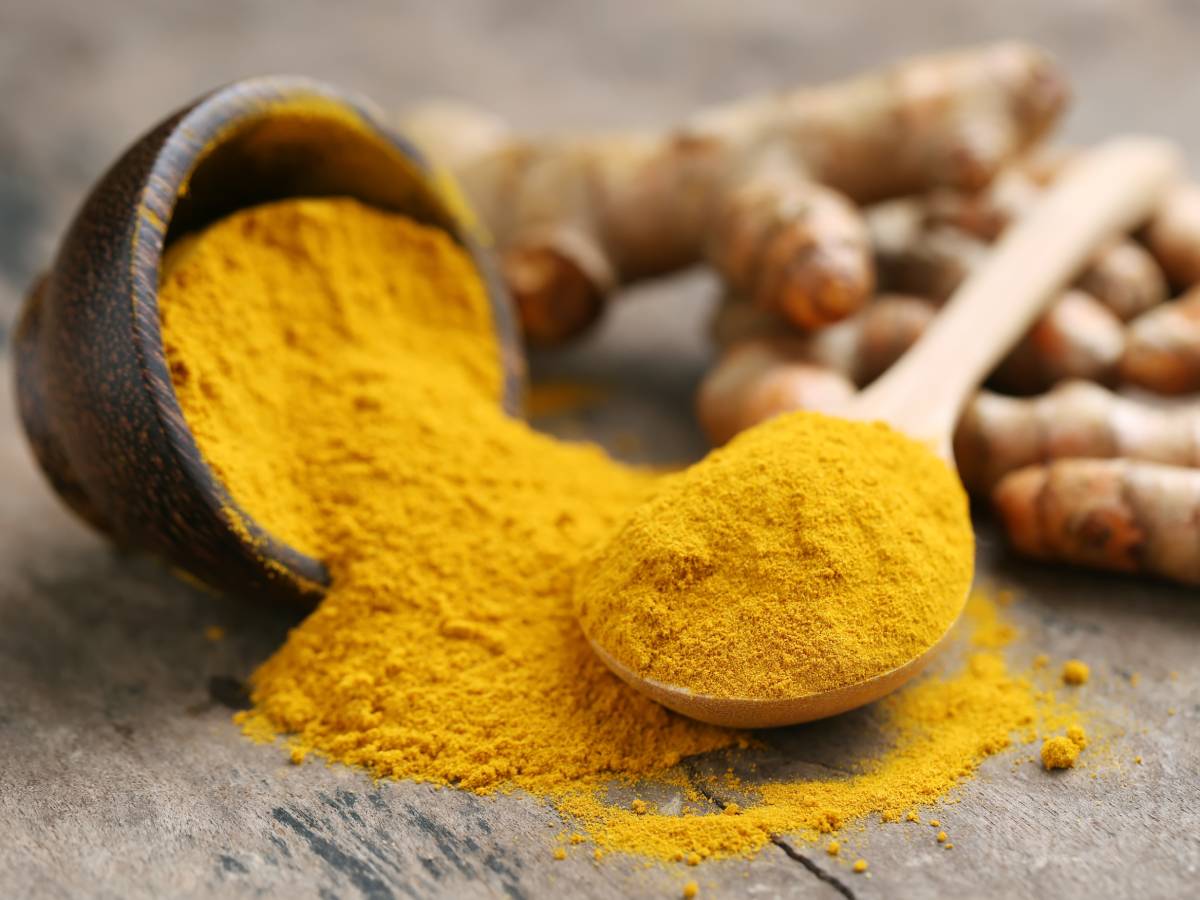Arthritis is a condition in which one or more of the body’s joints became inflamed or swollen, which can cause stiffness and pain. It exists in many different forms, such as osteoarthritis, which occurs when the protective cartilage at the ends of bones deteriorates from gradual wear and tear, and rheumatoid arthritis, an autoimmune disorder characterized by an attack on joints by the body’s own immune system.1 In the US, nearly 25% of adults, or 58.5 million people, suffer from some form of arthritis,2 while worldwide, more than 500 million people suffer from osteoarthritis alone.3 Due to the high prevalence of this condition, its impact on quality of life, and the limitations of existing treatments, many are interested in novel ways to alleviate symptoms. One direction of research is the use of supplements, such as turmeric-based compounds, for arthritis.
There is no cure for arthritis, but several options exist for limiting the inflammation and pain. Applying heat to painful joints, for example, can sometimes help relieve symptoms. In more serious cases, joint surgery, such as a hip or knee replacement, might be recommended. Another potentially beneficial treatment is the use of medications or supplements.
A promising class of supplements for treating arthritis symptoms derive from turmeric, a ginger-like spice that comes from the root of a plant native to Southeast Asia. One of the active components of turmeric (that can be extracted from the plant) is a compound named curcumin, which is known to have anti-inflammatory properties.4 Recent research has shown that while turmeric on its own does not have much of an impact on arthritis pain, the curcumin extract can offer benefits for those suffering from arthritis.
In a 2019 study, researchers administered either a curcumin tablet or a dose of diclofenac, a nonsteroidal anti-inflammatory drug (NSAID), to participants with osteoarthritis.5 When compared with the diclofenac group, patients in the curcumin group showed a similar level in reduction of severe pain and their Knee Injury and Osteoarthritis Outcome Score (KOOS), a self-reported measure of the knee’s health and functionality. There was, however, a large discrepancy in the incidence of adverse effects between the two groups. During the trial, 28% of patients in the diclofenac group required H2 blockers, a type of medication that treats ulcers and prevents their return. A known side effect of NSAIDs is that they can increase the risk of gastric acid breaking through the mucosal lining of the stomach,6 and diclofenac, it turned out, was no different. Curcumin, on the other hand, did not cause this issue, and none of the patients in that group required H2 blockers.
Part of the reason curcumin does not cause ulceration, compared to NSAIDs, is that they more specifically target the molecules associated with inflammation (and do not also interact with molecules involved in preventing ulcers). Researchers have found that curcumin blocks the expression of genes encoding pro-inflammatory mediators like IL-1β and TNF-α. Despite its ability to reduce inflammation, curcumin does not exert an effect on knee effusion7 – the composition of cartilage and the amount of fluid in the joint – which would represent a more direct treatment of osteoarthritis rather than treating the pain it causes. Regardless, turmeric supplements, provided they primarily contain the turmeric extract curcumin, are an exciting treatment option for arthritis-related pain, and further research into the effects of curcumin will better ensure that it can be used to help those suffering from arthritis.
References
1. Types of Arthritis Pain | Arthritis Foundation. https://www.arthritis.org/health-wellness/healthy-living/managing-pain/understanding-pain/sources-of-arthritis-pain.
2. Arthritis. Centers for Disease Control and Prevention https://www.cdc.gov/chronicdisease/resources/publications/factsheets/arthritis.htm (2021).
3. Osteoarthritis. https://www.who.int/news-room/fact-sheets/detail/osteoarthritis.
4. Kocaadam, B. & Şanlier, N. Curcumin, an active component of turmeric (Curcuma longa), and its effects on health. Crit Rev Food Sci Nutr 57, 2889–2895 (2017), DOI: 10.1080/10408398.2015.1077195
5. Shep, D., Khanwelkar, C., Gade, P. & Karad, S. Safety and efficacy of curcumin versus diclofenac in knee osteoarthritis: a randomized open-label parallel-arm study. Trials 20, 214 (2019), DOI: 10.1186/s13063-019-3327-2
6. Wallace, J. L. How do NSAIDs cause ulcer disease? Baillieres Best Pract Res Clin Gastroenterol 14, 147–159 (2000), DOI: 10.1053/bega.1999.0065
7. Wang, Z. et al. Effectiveness of Curcuma longa Extract for the Treatment of Symptoms and Effusion-Synovitis of Knee Osteoarthritis : A Randomized Trial. Ann Intern Med 173, 861–869 (2020), DOI: 10.7326/M20-0990
